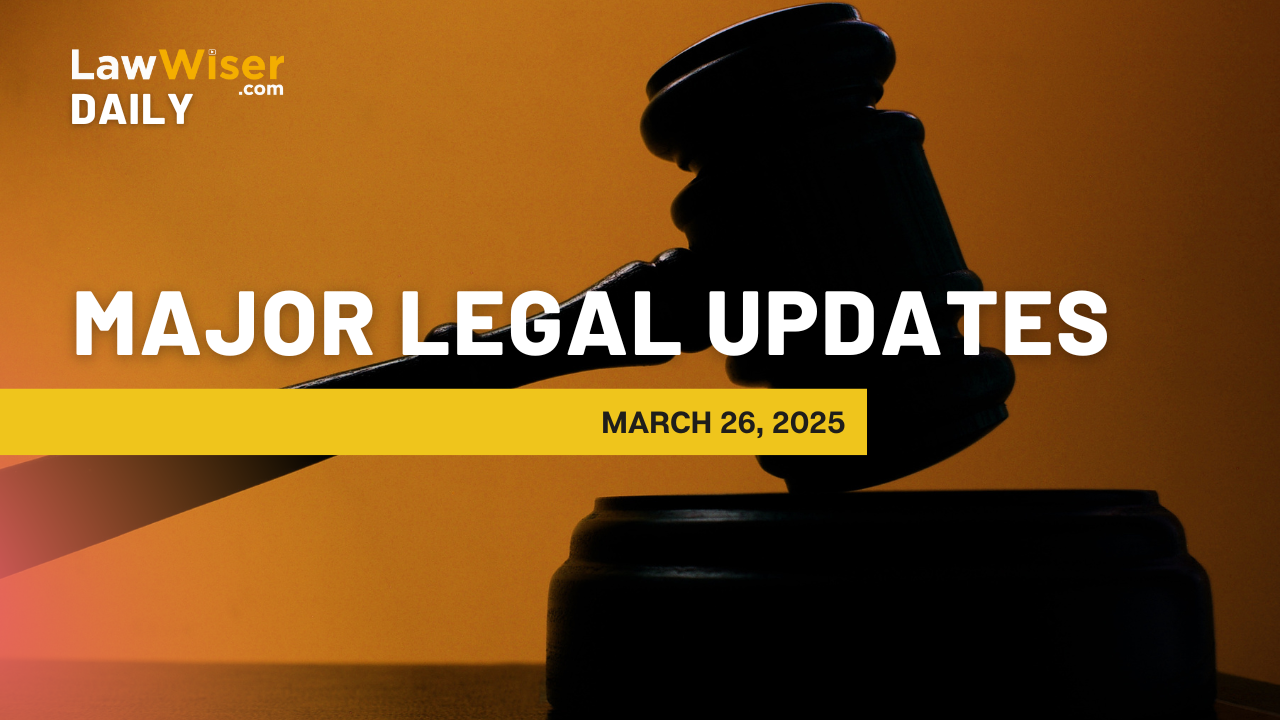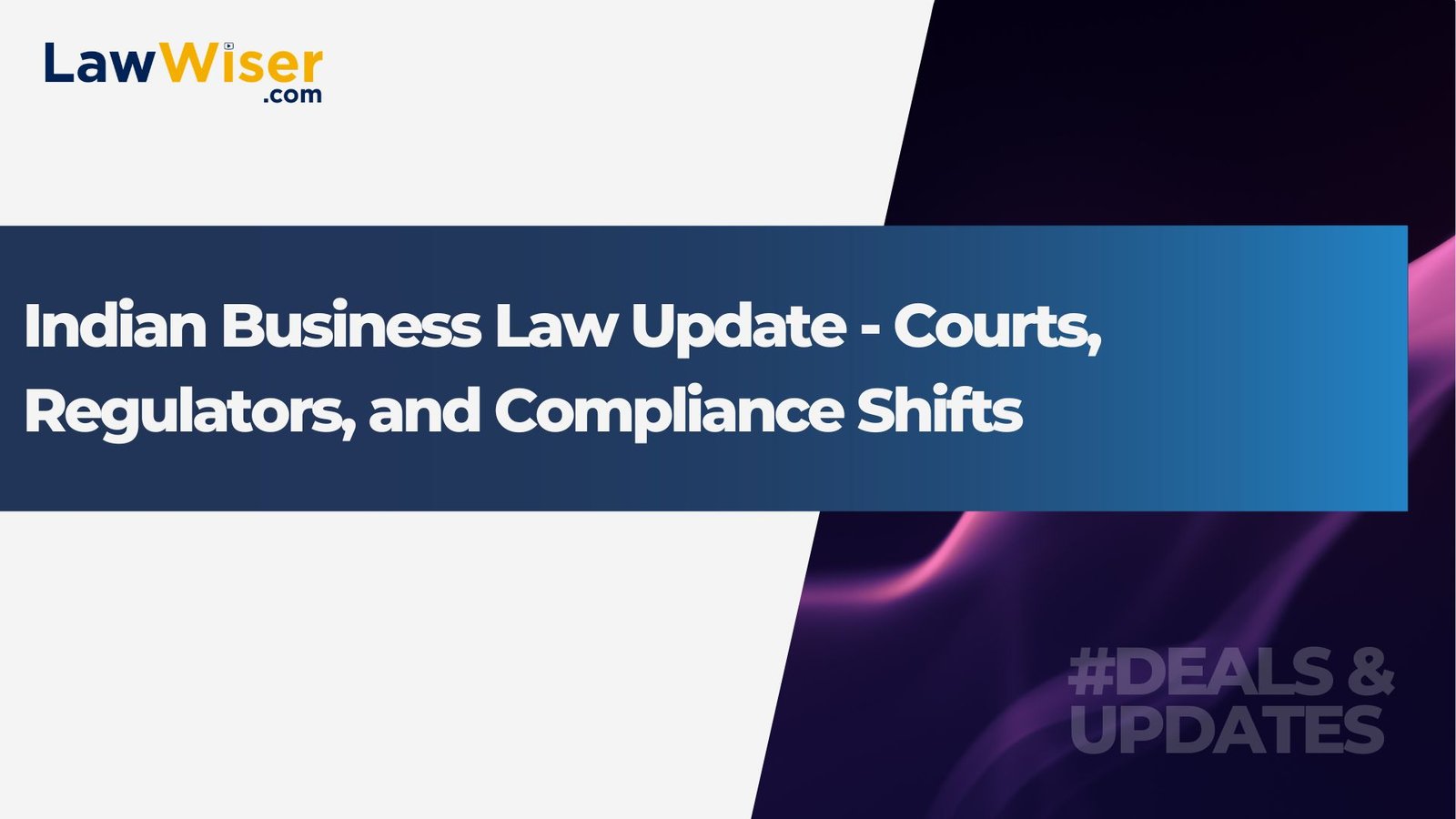Plea to Delhi High Court to Prevent Trademark Registration of ‘Osho’
Osho Friends International, an association of followers of philosopher Osho, has approached the Delhi High Court, requesting that the name ‘Osho’ be added to the list of prohibited trademarks. The petition calls for the Trademark Registry to block the registration of trademarks containing the name ‘Osho.’
Justice Saurabh Banerjee has sought responses from the Central government and the Trademark Registry. The court directed that written submissions be filed within three pages.
The concept of prohibited marks includes symbols, words, or designs that cannot be legally registered due to ethical, legal, or policy reasons. These typically involve government emblems, scandalous or deceptive terms, generic phrases, religious symbols, and names of living individuals used without consent.
Senior Advocate Abhishek Malhotra, representing Osho Friends, argued that Osho, with a large following, should be included in the list, similar to other religious figures whose names are protected from trademark registration.
Delhi High Court to Hear Tesla’s Trademark Case Against Indian Firm After Mediation Fails
The Delhi High Court has decided to proceed with the trademark case filed by Tesla Inc. against Indian company Tesla Power India Private Limited after unsuccessful mediation efforts. The court, led by Justice Saurabh Banerjee, will hear the case on April 15.
In May 2024, Tesla Inc. filed the plea, alleging that Tesla Power India had been using the TESLA trademark and announced its intent to enter the electric vehicle market. Tesla argued that despite a cease-and-desist notice and ongoing communications since 2022, Tesla Power India continued to advertise using the TESLA brand.
Initially, Tesla Power India’s proprietor assured the court that they had no plans to manufacture electric vehicles or use any brand name similar to TESLA. However, Tesla later alleged that the Indian company had begun manufacturing e-scooters under the TESLA name. The court has asked Tesla Power India to file an affidavit disclosing details about their electric vehicles, dealers, and sales information. With mediation failing, the case is set for hearing on April 15.
Supreme Court Directs States to Establish Grievance Mechanisms for Misleading Medical Ads
In the case of Indian Medical Association v. Union of India, the Supreme Court underscored the need for stricter implementation of the Drugs and Magic Remedies (Objectionable Advertisements) Act, 1954 and directed all States to establish complaint redressal mechanisms within two months to address misleading advertisements related to medicines and treatments.
The Bench, comprising Justices AS Oka and Ujjal Bhuyan, observed that despite the Act being in place for 74 years, its enforcement has remained insufficient. To rectify this, the Court issued several directives, including a requirement for States to set up a grievance redressal system within the stipulated timeframe. It suggested that complaints should be received via a toll-free number or email to ensure accessibility.
The Court further ordered that upon receiving complaints regarding misleading medical advertisements, authorities must take immediate action. If a violation is confirmed, officials must lodge a complaint with the jurisdictional police station, leading to FIR registration and the initiation of criminal proceedings.
Additionally, the Court instructed legal services authorities to conduct awareness programs to educate the public about the 1954 Act and the health risks associated with deceptive advertisements. The National Legal Services Authority (NALSA) has been tasked with coordinating these sensitization initiatives.
Expressing concern over the lack of appointed gazetted officers responsible for enforcing the Act, the Court ordered States to complete these appointments within a month.
Furthermore, the Court noted delays in the development of a centralized dashboard for tracking complaints related to misleading advertisements. The Union government has been given three months to complete the dashboard, ensuring that States can input and monitor complaint data efficiently. The Supreme Court has directed both the States and the Union government to submit compliance reports by June 2025.
India Considers New Law to Safeguard Migrants Amid US Deportation Controversy
The Indian government is actively considering a new law to create a structured framework for safe, orderly, and regulated migration for overseas employment. This development follows the recent deportation of 104 Indian migrants from the United States, who arrived in Amritsar on a US military aircraft, reportedly in chains and shackles.
The proposed legislation, tentatively titled the ‘Overseas Mobility (Facilitation and Welfare) Bill, 2024’, was introduced in a report presented in the Lok Sabha by the Parliamentary Standing Committee on External Affairs. It aims to enhance protection for Indian citizens seeking employment abroad, addressing challenges such as irregular migration, legal support, and welfare measures.
The deported migrants, hailing from states including Punjab, Haryana, Gujarat, Maharashtra, Uttar Pradesh, and Chandigarh, were part of a wider crackdown on illegal immigration in the US.
The Indian government has emphasized its commitment to monitoring and safeguarding the welfare of Indian citizens abroad, including students and migrant workers. Contingency plans are in place to address crises, as demonstrated in past evacuation efforts.
While deportations of illegal immigrants are a routine international practice, concerns have been raised over the treatment of Indian nationals during the process, prompting discussions on stronger protection and diplomatic interventions.



 March 26, 2025
March 26, 2025






 February 4, 2026
February 4, 2026 0 COMMENTS
0 COMMENTS



